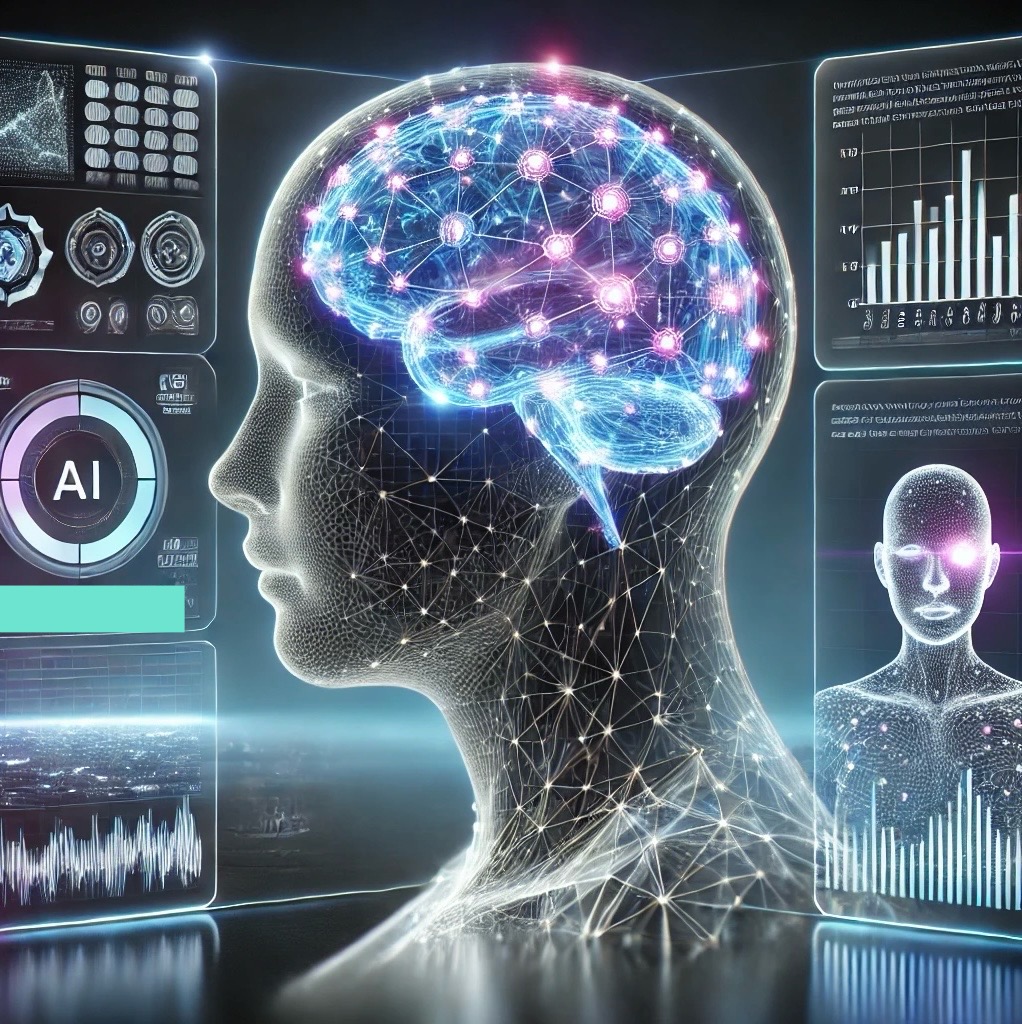Artificial intelligence is making waves in medicine, and it could soon help detect Alzheimer’s disease earlier than ever. Researchers at Drexel University found that AI models, like the one behind ChatGPT, can analyze speech patterns and identify signs of cognitive decline with 80% accuracy.
How Does It Work?
AI listens to how people describe images in cognitive tests. Alzheimer’s patients often repeat words, lose their train of thought, or use vague terms like “thing” or “something.” By analyzing these subtle speech differences, AI can help spot early signs of dementia, even before traditional diagnosis methods.
Why Does This Matter?
Currently, Alzheimer’s is often detected late, reducing the chances of slowing its progression. With AI-powered tools, doctors could diagnose the disease earlier, allowing patients to make lifestyle changes that may delay symptoms. Future applications might even integrate AI into smart assistants like Alexa or Siri to monitor everyday conversations (with consent) and detect concerning changes in speech patterns.
The Future of AI in Healthcare
AI’s potential doesn’t stop at Alzheimer’s—it could also help identify conditions like Parkinson’s and depression. While more research is needed, this technology could revolutionize early detection and intervention for neurodegenerative diseases.




